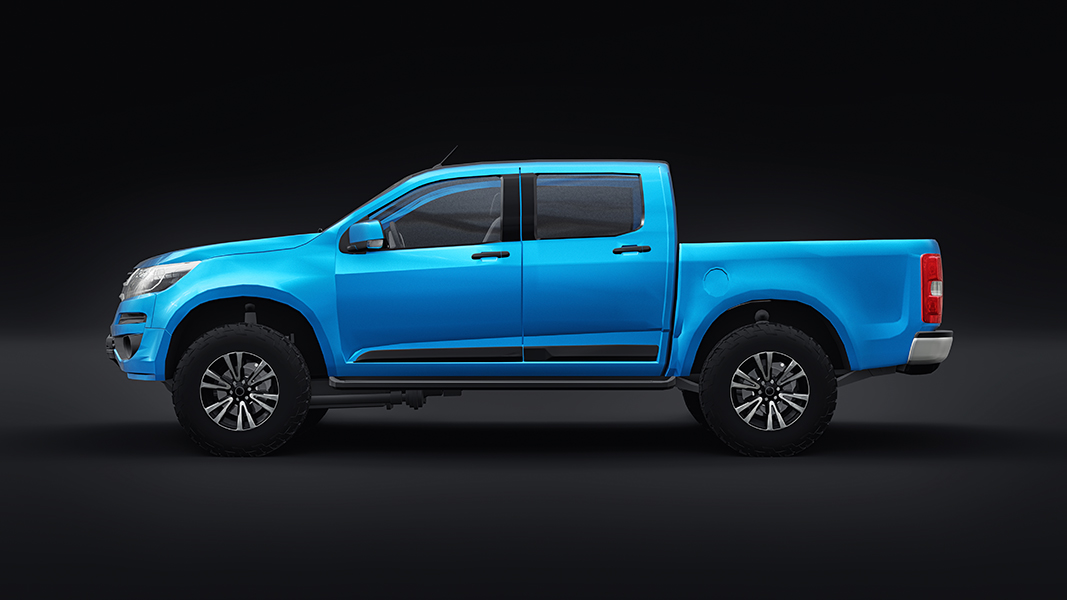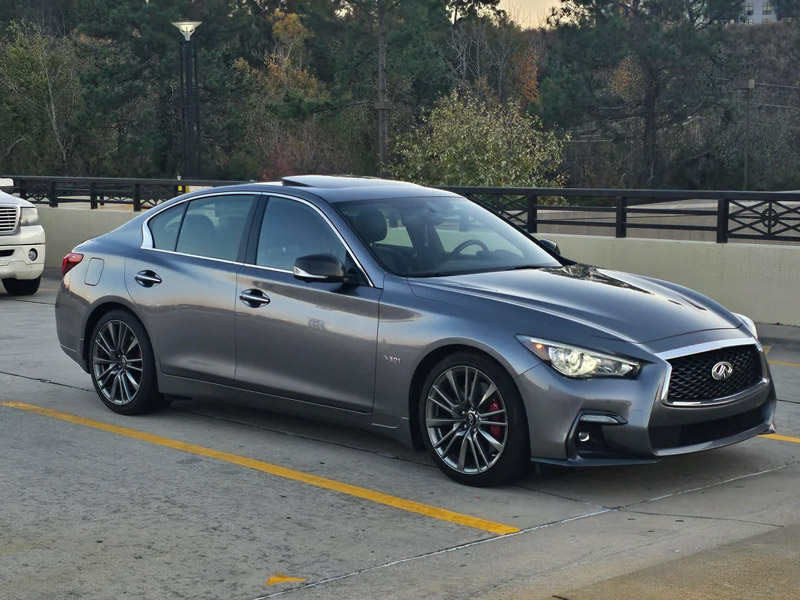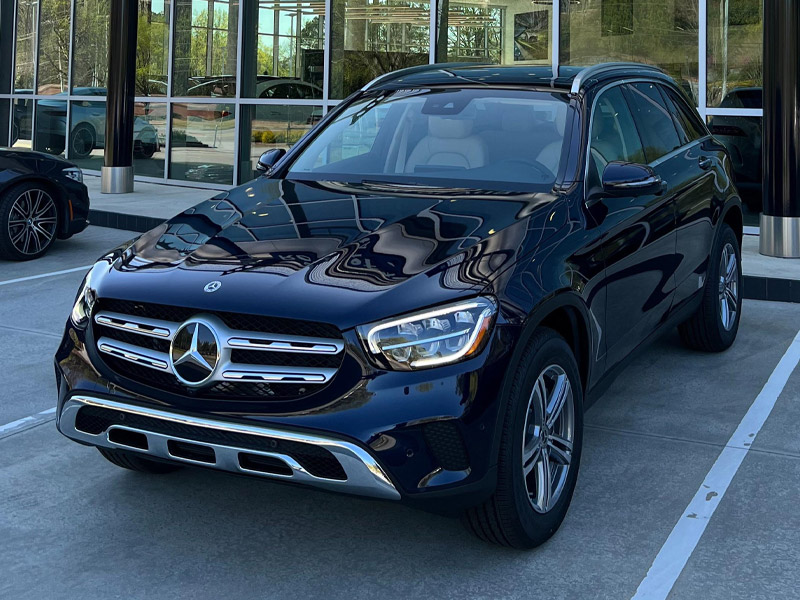
The automotive industry is undergoing a significant transformation as electric vehicles (EVs) become more prevalent. One of the most exciting developments in this space is the advent of modular drivetrain systems that can convert traditional combustion engine pickup trucks into electric or hybrid vehicles. This innovative technology offers a sustainable solution for truck owners looking to reduce their carbon footprint without purchasing a new vehicle.
What is a Modular Drivetrain?
A modular drivetrain is a flexible and adaptable system that can be integrated into existing vehicles, replacing the traditional internal combustion engine (ICE) with an electric motor and battery pack. These systems are designed to fit a wide range of vehicle models, making the conversion process more accessible and cost-effective.
Key Features of Modular Drivetrains
- Plug-and-Play Design: Modular drivetrains are engineered to be easily installed in place of the existing drivetrain components. This plug-and-play design simplifies the conversion process, reducing the time and labor required.
- Compatibility: These systems are compatible with various pickup truck models, allowing owners of different brands and sizes to benefit from the technology.
- Scalability: Modular drivetrains can be scaled to meet the power and range requirements of different vehicles. Whether you need a system for a light-duty truck or a heavy-duty workhorse, there is a modular solution available.
- Battery Options: The technology offers flexibility in battery selection, enabling users to choose between different battery capacities based on their driving needs and budget.
- Regenerative Braking: Many modular drivetrains come equipped with regenerative braking systems, which capture and store energy during braking, enhancing overall efficiency.
Benefits of Converting to an EV or Hybrid Pickup Truck
- Environmental Impact: Converting a traditional pickup truck to an EV or hybrid significantly reduces greenhouse gas emissions and reliance on fossil fuels, contributing to a cleaner environment.
- Cost Savings: Electric vehicles typically have lower operating costs compared to their ICE counterparts. Owners can save on fuel, maintenance, and potential tax incentives for EVs.
- Performance: Electric drivetrains offer instant torque and smooth acceleration, improving the driving experience. Additionally, the reduced number of moving parts in an electric motor means fewer mechanical issues and longer vehicle life.
- Noise Reduction: EVs are known for their quiet operation, which can enhance the comfort of both drivers and passengers.
- Future-Proofing: As regulations around emissions become stricter, converting to an EV or hybrid can future-proof your vehicle, ensuring compliance with upcoming standards.
Challenges and Considerations
While the benefits are substantial, there are some challenges to consider:
- Initial Cost: The upfront cost of converting a vehicle can be significant, although it is often offset by long-term savings.
- Range Anxiety: Depending on the battery capacity, some converted trucks may have limited range compared to traditional vehicles. However, advancements in battery technology are continually improving this aspect.
- Infrastructure: Access to charging infrastructure can be a concern, especially in rural or remote areas. However, the expansion of charging networks is rapidly addressing this issue.
Conclusion
The development of modular drivetrain systems represents a significant step forward in the transition to sustainable transportation. By converting existing pickup trucks into electric or hybrid vehicles, this technology offers a practical and eco-friendly solution for reducing emissions and promoting cleaner energy use. As the automotive industry continues to innovate, modular drivetrains are poised to play a crucial role in shaping the future of mobility.
Would you like to know more about any specific aspect of this technology?

